From animal welfare to the festive table: seal of approval
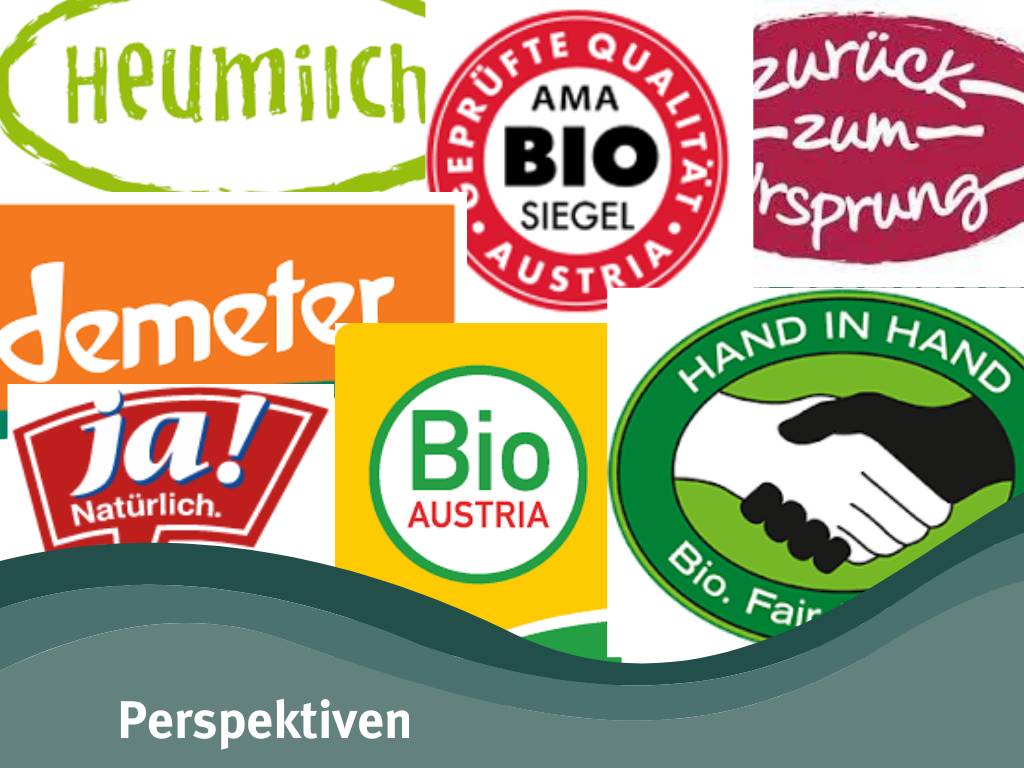
There are countless seals of quality that want to suggest that food has been produced under the best conditions. Some deliver what they promise. Others don't. We took a closer look at food quality seals for milk, meat and eggs for the Festtagstafel and want to introduce you to the best ones here.
MILK
For the milk, we have taken the assessment of the Animal Welfare Ombuds Office Vienna as a basis, which focuses on animal welfare. The criteria are calf husbandry, dehorning, species-appropriate nutrition, breeding and freedom of movement.
The following quality seals/organic brands have the highest ratings:
5 out of 5 points: No seal of approval has achieved the full score.
4 out of 5 points: ![]()
3 out of 5 points: 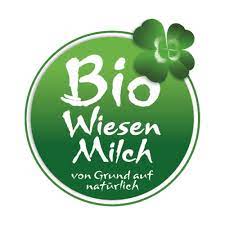
![]()
![]()
![]()
![]()
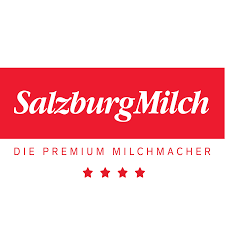
MEAT
For meat, we used the Global 2000 quality seal check as a guide. This assesses the seals according to the criteria of environment, social aspects, animal welfare and soundness (i.e. how a quality seal "works" - whether external experts are involved or how controls are carried out) and rates them according to the traffic light colors RED 🔴 (less than 33% of the full number of points - low claim), YELLOW 🟡 (between 33 and 55% - medium claim) and GREEN 🟢 (over 55% - high claim).
We have now nominated these as the most meaningful seals, which have the most positive ratings and were rated best for animal welfare:
🟢🟢🟢🟢: 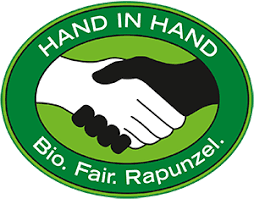
🟢🟢🟢 : ![]()
🟢🟢 : 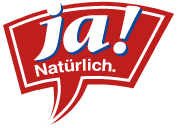
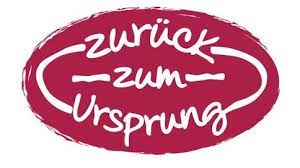
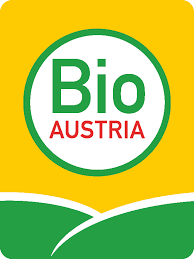
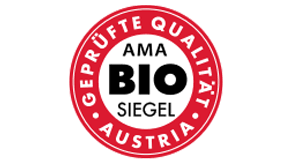
The AMA seal of quality, on the other hand, which is very well known in Austria, is not recognized due to the "approval of genetically modified feed in pig and cattle fattening" and also "the animal welfare standards rarely go significantly beyond the basic requirements".
significantly exceed the legal requirements". (Source: Greenpeace Food Quality Label Guide)
EGGS
We have not found any separate quality seals for eggs. In principle, the above-mentioned seals for animal welfare also apply to eggs. The main thing here is to use organic eggs and to check whether the eggs used in the products you buy are organic, free-range or barn eggs.
The stamps on the eggs - in addition to the information on the pack - provide information about the farming method and the producer:
- 0 = Organic free-range farming
- 1 = Free range
- 2 = Floor rearing
- 3 = cage farming (banned in Austria since 2009)
AT for Austria, DE for Germany, IT for Italy, NL for the Netherlands, etc., followed by the farm number from which the egg originates; you can find out everything about the origin of an egg via the Austrian egg database.






